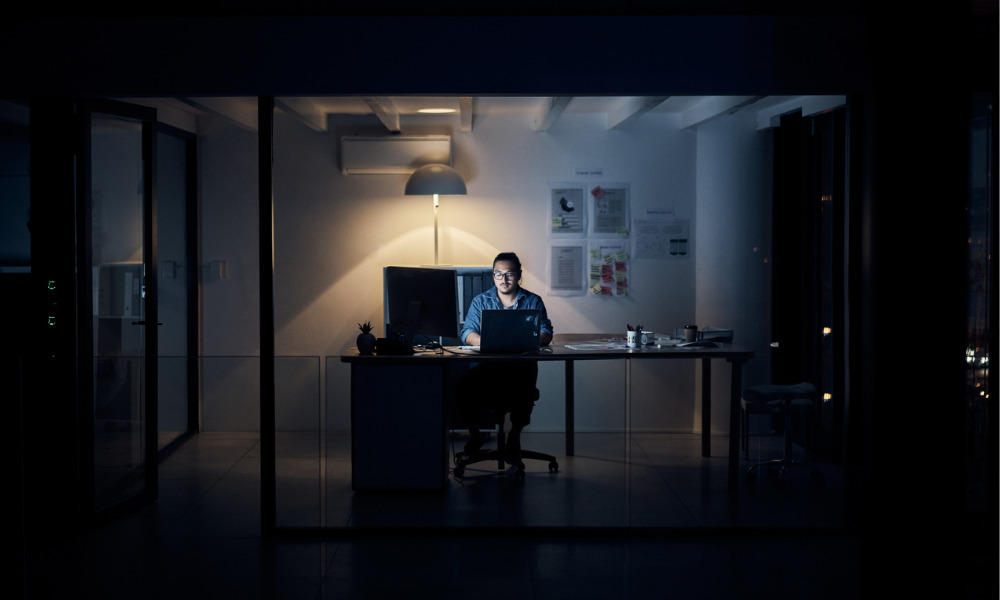
HRD talks to Dr Stephanie Centofanti about an unlikely combination that could help your workers to focus

Former Yahoo CEO Marissa Mayer is well-known for her tireless work ethic.
It wasn’t uncommon for Mayer to sleep just four hours a night and churn out 130 hours of work a week. She quickly earned a reputation which prompted former Yahoo director Max Levchin to label her “the hardest working CEO in Silicon Valley, bar none”.
While this might sound super-human, Mayer is actually part of a rare breed of people (1% to 3% of the population) who can get by happily on just a few hours of shut-eye.
For the vast majority of shift workers and employees who burn the midnight oil, research shows that they need around 8-9 hours of sleep to function properly.
Working through the night requires concentration and discipline – so how exactly can these employees boost productivity and stay focused?
New research from the University of South Australia (UniSA) has found a simple coffee and a catnap could be the key.
Lead researcher, Dr Stephanie Centofanti from the Sleep and Chronobiology Laboratory at UniSA, said that the discovery could help counteract the kind of sleep inertia that is experienced by many shift workers.
“We know that shift workers use caffeine a lot to stay alert and they also nap frequently on night shifts,” Dr Centofanti told HRD.
“The problem with napping at work is that often people wake up with a groggy feeling called sleep inertia. Basically, for up to an hour after you have a nap, performance is impaired and you might feel sleepy, groggy and generally in a bad mood.”
Read more: Why HR should encourage employees to sleep more
Dr Centofanti added that when people are napping at work, waking up and then going straight back to their responsibilities, it can be dangerous in certain situations. These scenarios may include making important safety decisions or driving which require “good cognitive performance and alertness”.
A viable alternative is what Dr Centofanti’s calls the ‘caffeine-nap’ (or ‘caff-nap’).
How does this work? By drinking a coffee before taking a nap, shift workers can gain the benefits of a 20-30-minute nap then the perk of the caffeine when they wake.
A lot of people have a cup of coffee when they wake up from naps but caffeine can take 20-30 minutes to actually have an impact on alertness, so the idea is to have a cup of coffee right before you doze off, added Dr Centofanti.
The research involved a small pilot study which tested the impact of 200 mg of caffeine (equivalent to 1-2 regular cups of coffee) consumed by participants just before a 3.30am 30-minute nap, comparing results with a group that took a placebo.
Read more: What scientists say about sleep and work
The study found participants taking a ‘caffeine-nap’ showed marked improvements in both performance and alertness. Dr Centofanti said the results show a “promising fatigue countermeasure for shiftworkers”.
However, she added that no matter what the time of day is, getting 8-9 hours of quality sleep is paramount to the performance of any employee.
“There is a lot of focus on nutrition and exercise, but most people don’t put a priority on getting enough sleep,” she said.
“For shift workers and other employees who don’t get enough sleep in the long term, that can lead to a whole range of performance and health issues.”